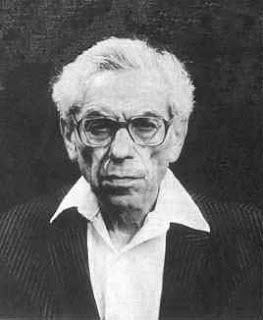| My poor, poor ideas. |
This might be what makes ideas so powerful and so destructive. I've seen people go through the weirdest logical jumps and make the lamest assumptions to make sure their idea makes it through scrutiny unscathed. There is nothing worse than someone defending an idea and completely wrecking their integrity in the process. Theories are not, for most people, a way of making sense of the facts, or trying to find a true pattern within them. They're convenient devices which shield us from the hard job of thinking.
So this is why I constantly disagree with what I said three days ago. And why it doesn't really bother me. I'd rather be totally detached from ideas and willing to disown them at any moment when I decide they have some fatal flaw than to be obsessively holding onto them for fear of admitting I am wrong.
If I'm inconsistent in my ideas, does it make my ideas somehow weaker? If my ideas survived the scrutiny of others merely on the basis that I seem like a legitimate source for ideas, then clearly this person is not actually evaluating my ideas and is instead applying a very crude heuristic to select the ideas that sound most reasonable. If that's what people do, fine. I don't want to be right in someone else's perception, I want to be right in actuality. If I turn out conflicting ideas on a daily basis, then yay for me! I'm thinking inconsistently and producing a wide range of ideas and am much more free of an ideological influence.
Also, there is an awesome story about Africa on the intertubes today and I really think it is worth a read.


